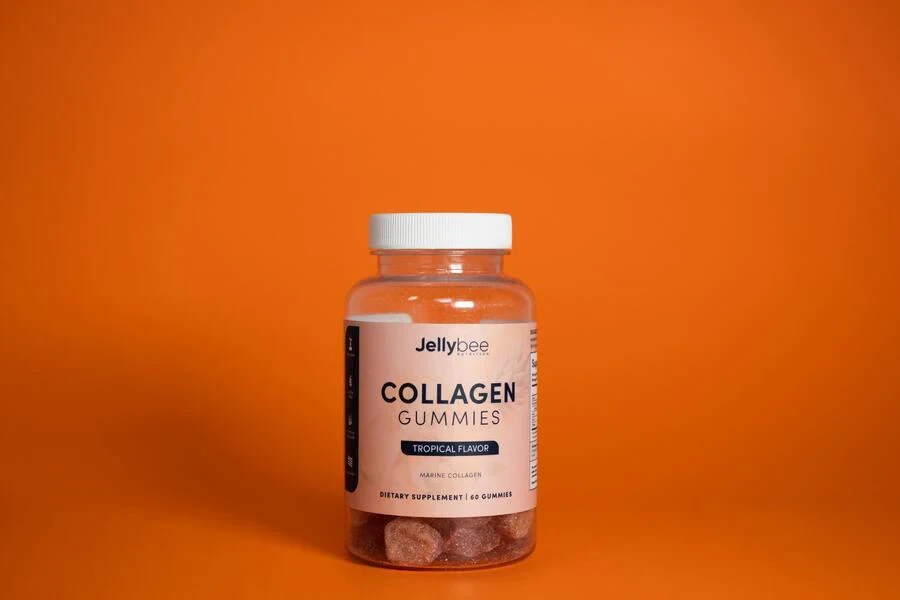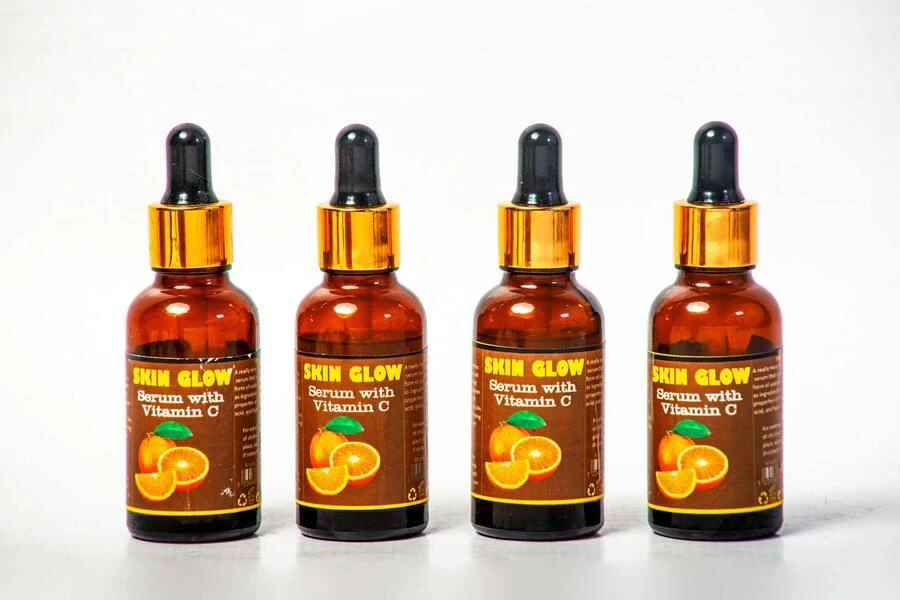The Mediterranean diet has gained significant attention in recent years for its health benefits and emphasis on fresh, natural ingredients. In an interview, Dimi Harpas, an accredited dietitian and nutritionist, explained that the “Mediterranean diet may protect you from chronic diseases, promote good physical and mental health throughout your life, and even increase your chances of living longer.”
Rooted in the culinary traditions of countries bordering the Mediterranean Sea, this diet primarily focuses on whole foods such as fruits, vegetables, whole grains, legumes, nuts, and healthy fats, particularly olive oil.
Natural beauty products derived from Mediterranean diet ingredients are becoming increasingly popular. They tap into consumer desires for clean, effective, and sustainable skincare options. This creates investment opportunities for businesses looking to innovate and capitalize on the growing demand for natural beauty solutions.
Read on for everything you need to know about incorporating key elements of the mediterranean diet into a top-notch beauty product range in 2025!
Table of Contents
Consumer trends and market insights
Key Mediterranean ingredients for natural beauty
Business opportunities with Mediterranean ingredients
Conclusion
Consumer trends and market insights

An ongoing trend of clean beauty has led to increased demand for natural cosmetics. In 2024, the global natural beauty market will generate approximately USD 13.87 billion and reach USD 18.01 billion by 2028. In the last year, Google searches for “Mediterranean diet” increased by 57% worldwide.
Factors contributing to this market growth include:
- Use of longevity ingredients that prioritize aging well and slow the signs of biological aging.
- The growing number of consumers focused on sustainability and ethics is driving demand for small-batch, seasonal, and locally made beauty products.
- The rise of regenerative farming offers sustainable alternatives for brands, delivering more potent and nutrient-rich ingredients.
- The increased popularity of organic beauty products, supported by certifications like the UK Soil Association, is expanding the natural beauty market.
- The Mediterranean diet’s reputation as the world’s healthiest has led to a surge in educational content, particularly on TikTok, highlighting its skin benefits.
Key Mediterranean ingredients for natural beauty

Antioxidant-rich ingredients
Mediterranean ingredients are widely recognized for their rich antioxidant content. This makes them highly sought after in the beauty market. Antioxidants, like those found in Extra Virgin Olive Oil (EVOO), artichokes, tomatoes, lemons, and quinoa, are celebrated for their ability to protect the skin from oxidative stress and environmental damage. These ingredients help neutralize free radicals, which are known to accelerate aging and contribute to skin inflammation.
Microbiome-boosting ingredients
More consumers globally are recognizing the importance of gut and skin health. As a result, microbiome-boosting ingredients are gaining traction in the beauty industry. The Mediterranean diet contains ingredients capable of modulating gut microbiota to increase its diversity. For example, yogurt is valued for its ability to support and nourish the skin’s microbiome.
A balanced skin microbiome is crucial for maintaining a healthy skin barrier, reducing inflammation, and preventing issues like acne or eczema. Brands such as Korres, with its Greek Yogurt range, are tapping into this trend, offering products that utilize the power of probiotics to enhance skin health.
Upcycled ingredients
Sustainability is a priority for consumers in the beauty industry. This is evidenced by their preference for products with ingredients free from chemicals and natural alternatives. The Mediterranean region contributes to this movement by providing access to upcycled ingredients through creative collaborations.
Upcycled ingredients, such as cyto-fruit waters derived from juice production, reduce waste and offer potent skincare benefits. Beauty brands collaborate with local Mediterranean food producers to tap into these innovative ingredients. This strategy can result in unique products that appeal to eco-conscious customers.
Business opportunities with Mediterranean ingredients

Prioritize sustainable sourcing
Businesses should carefully consider the environmental profile and availability of Mediterranean ingredients when selecting sources. Partnering with regenerative and vertical farming initiatives can provide a reliable, high-quality supply chain and ensure that the ingredients are both ethically and sustainably sourced. This collaboration can also improve transparency and provide customers with detailed information about how their products are farmed, supporting a more conscious consumer base.
As demand for sustainable beauty products rises, securing future supplies through these partnerships can help brands stay ahead of the curve and meet consumer expectations for eco-conscious products.
Innovate with Mediterranean-inspired gourmet beauty

Brands can integrate the Mediterranean diet’s wholesome and nutritious ingredients to create edible skincare products or beauty supplements. For example, olive oil, artichokes, and lemons, which are staples in Mediterranean cuisine, can be transformed into nourishing face oils, exfoliators, or powdered supplements. These products tap into the growing trend of “beauty from within” and emphasize the connection between food and beauty.
Consumers are increasingly interested in products that reflect their lifestyle choices. This gourmet approach to beauty allows businesses to create unique offers that stand out in a crowded market.
Skinify haircare with Mediterranean ingredients

The growing trend of “skinification” in haircare presents an exciting opportunity to introduce Mediterranean ingredients into shampoos, conditioners, and scalp treatments. Beauty brands can embed ingredients like goat’s milk, quinoa, and milk thistle, renowned for their skin benefits, into haircare formulations. This can result in products that promote hair health, reduce breakage, and support scalp vitality.
Modern consumers are increasingly looking for multi-functional products. For example, GlobalData’s 2024 Q3 survey shows that 57% of Asia and Australasia consumers value multi-functional or high-quality beauty products. Businesses can capitalize on this trend by offering haircare lines that mirror the longevity and anti-aging properties of Mediterranean skincare.
Innovate with vegetable-based fragrances
Vegetable-based fragrances in haircare and body care products can deepen consumer connection with nature and create a unique sensory experience. Mediterranean-inspired scents, such as the fresh, earthy aromas of tomatoes and basil, offer a refreshing alternative to traditional floral or fruity fragrances. Brands can reinforce their commitment to innovation with these nature-inspired products.
Conclusion
The Mediterranean diet offers a wealth of ingredients that promote health and wellness and serve as powerful components in natural beauty products. With the increasing consumer demand for clean and effective skincare solutions, businesses have ample opportunities to innovate and grow in this sector. Exploring the vast potential of Mediterranean diet ingredients can pave the way for success in the natural beauty industry while contributing to healthier lifestyles for consumers worldwide.




